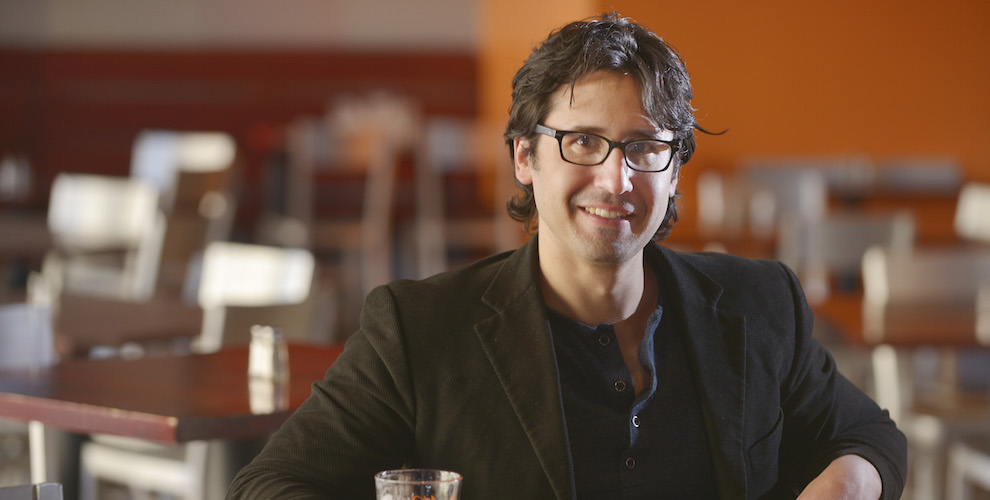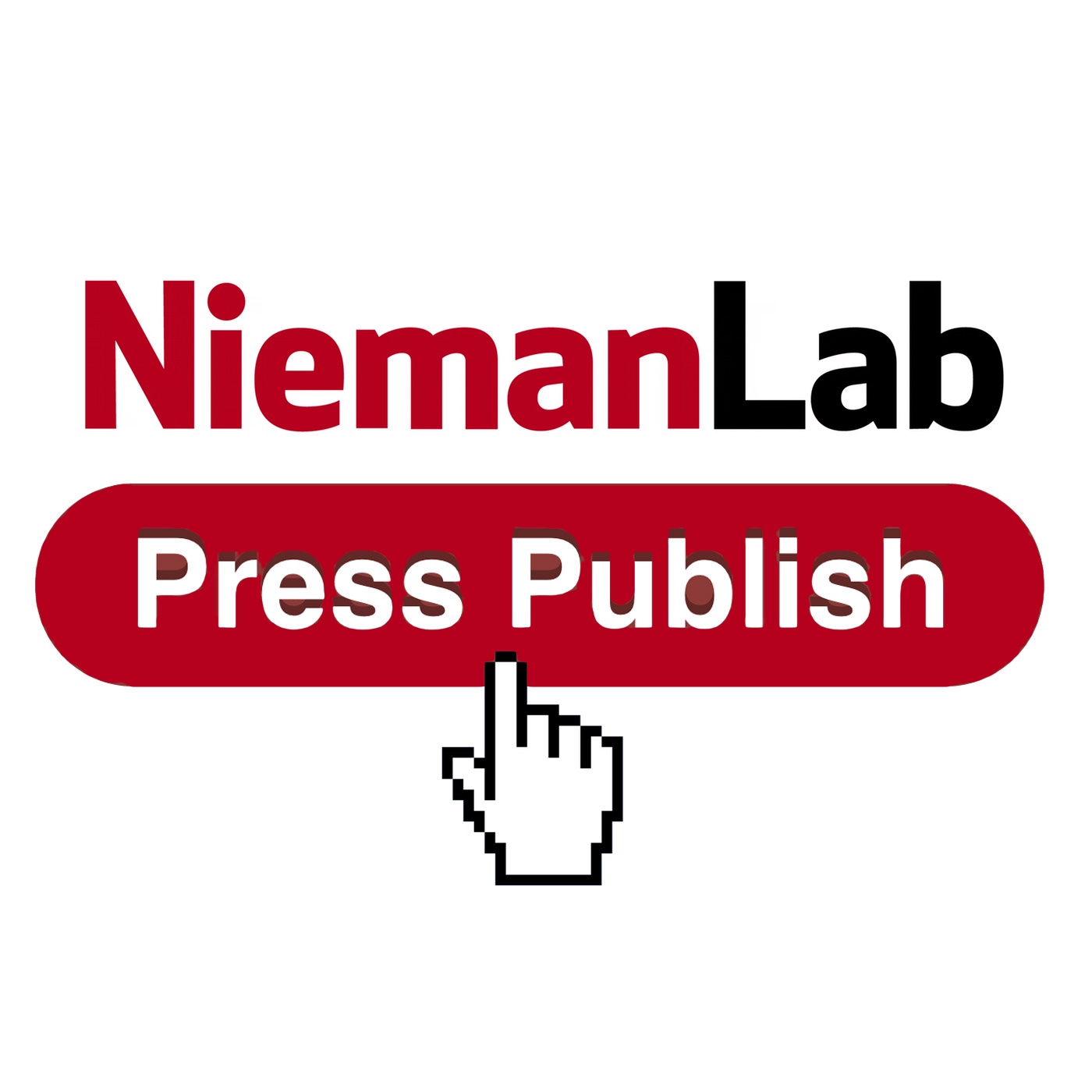
It’s Episode 13 of Press Publish, the Nieman Lab podcast!
 My guest today is Adam Ragusea, the host of The Pub, a podcast about the state of public media — mostly public radio. I first heard Adam’s voice about 7 years ago, when he was a reporter for WBUR, the local NPR station here in Boston. He’s since moved into teaching journalism at Mercer University in Georgia, and by hosting The Pub — which is based out of Current, the website covering public media — he’s established himself as one of the more interesting and ornery thinkers about the field’s future.
My guest today is Adam Ragusea, the host of The Pub, a podcast about the state of public media — mostly public radio. I first heard Adam’s voice about 7 years ago, when he was a reporter for WBUR, the local NPR station here in Boston. He’s since moved into teaching journalism at Mercer University in Georgia, and by hosting The Pub — which is based out of Current, the website covering public media — he’s established himself as one of the more interesting and ornery thinkers about the field’s future.
We talked about a range of topics — how the shift to podcasting is putting local news at risk, why he thinks public radio is stuck producing content that doesn’t work well online, and what he’d do if he were running NPR or an NPR member station. Here’s our conversation.
Or listen in your browser:
[audio:http://traffic.libsyn.com/niemanlab/PressPublish013.mp3]
The Pub
@aragusea
AdamRagusea.com
Mercer University’s Center for Collaborative Journalism
Shaggy dog story
The News from Lake Wobegon
Savage Lovecast
Georgia Public Broadcasting
Ringr, an interview-recording app for iOS and Android
PodClear, another interview-recording app that Adam couldn’t remember the name of
WBUR, Boston’s NPR News station
Clayton Christensen’s disruptive innovation theory
Why you should be using the Oxford comma
“Why you’re doing audio levels wrong, and why it really does matter” (July 14, 2014)
Adam’s upcoming presentation on loudness
An anechoic chamber
The Fletcher-Munson curves
Audacity
Adobe Audition
Loudness units
GarageBand
Hindenburg
Lindsay Patterson asks: Where is the YouTube for podcasts?
“Journalists shouldn’t lose their rights in their move to private platforms” (April 20, 2015)
PRX
Morning Edition
All Things Considered
“Texas Turns Down Cook’s Offer Of Free ‘Last Meals'” (All Things Considered, September 27, 2011)
11 herbs and spices
Celeste Headlee
On Second Thought
The Pub #31: Adam Davidson on the economics of public radio in the podcasting era
John Sutton and Adam Davidson debate (at length!) the future of public radio
WGBH
NPR One
Starch, meat, starch, meat, Jell-O
The Pub #27: NPR One’s Sara Sarasohn, live from Lost & Found in Washington, D.C.
WTF with Marc Maron
The Pub #26: The business of podcasting, live from the PMDMC Conference
The great Bob Oakes
KQED
WNYC
Finish Line: Inside The Boston Marathon Bombing Trial (David Boeri and Kevin Cullen podcast)
West Virginia Public Broadcasting podcasts
WBUR’s program schedule
WBUR’s Sunday church service broadcast
Boston University World of Ideas
Jarl Mohn, NPR CEO
The NPR board of directors
What went wrong at National Public Radio? (June 12, 1983)
An explanation of cume and AQH
KRVS, Radio Acadie (great Cajun/zydeco music)
Jarl Mohn: “Broadcast radio is the cockroach of media. You can’t kill it. You can’t make it go away, it just gets stronger and more resilient.”
Chicago Public Media’s Vocalo
“How KPCC in Los Angeles grew its Latino listenership while trying to keep its traditional audience” (July 16, 2015)